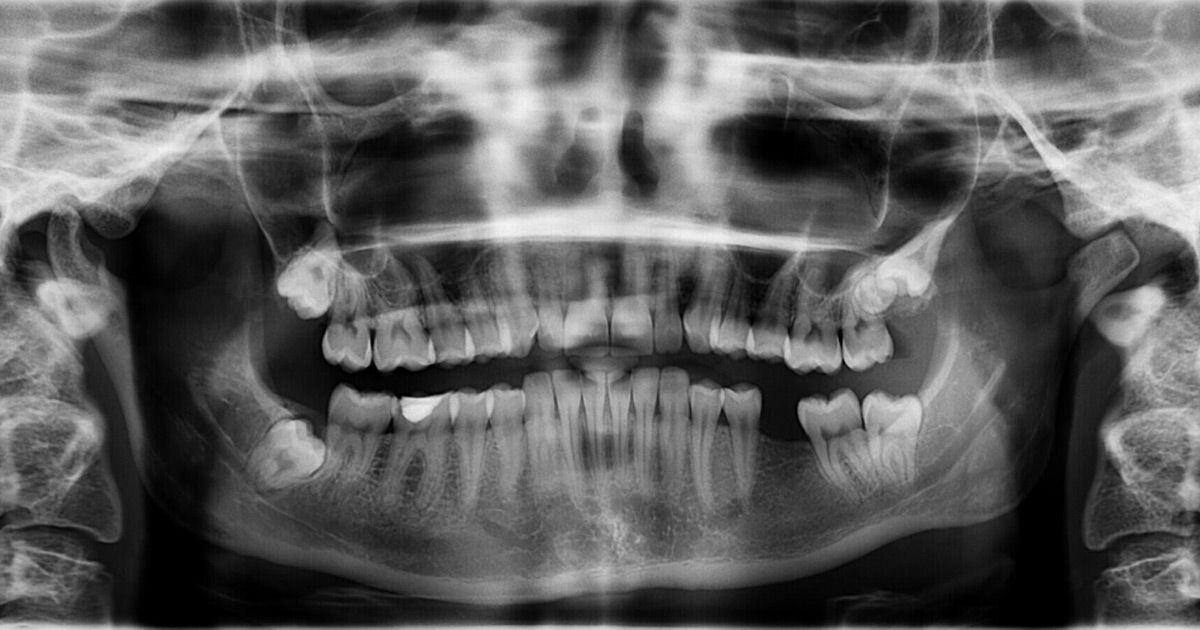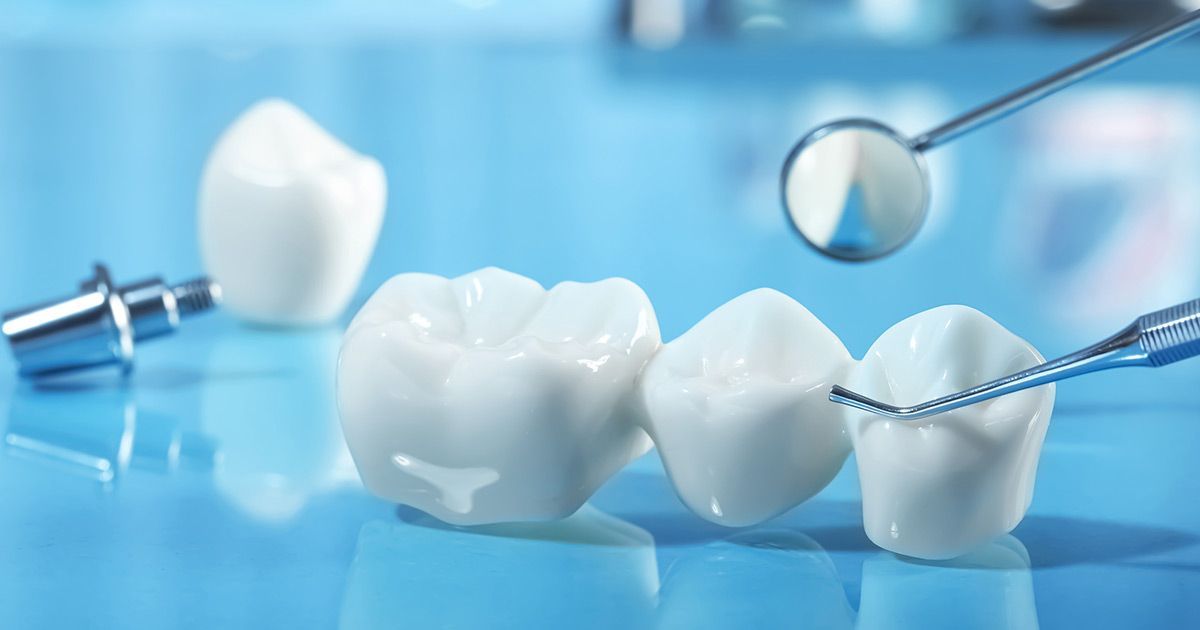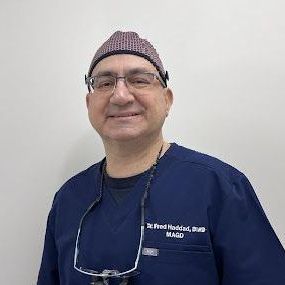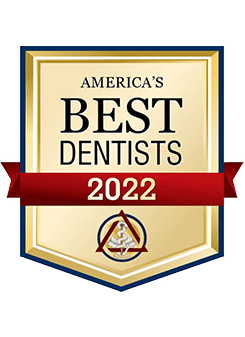Complete and Partial Dentures: What You Need to Know
What Are Dentures?
Complete Dentures vs. Partial Dentures
There are two types of dentures: complete dentures and partial dentures. Note, though, that while they have the same name, they are actually quite different. We'll discuss them in detail below.
Complete Dentures
Complete dentures are entire sets of synthetic teeth. They're used to replace teeth in situations in which all of the teeth have been lost or removed. They're never used in situations in which some teeth are still remaining.
These can be removed as desired and should generally be removed during sleep. Removing them not only allows the jawbone to rest but also prevents them from trapping bacteria and causing further decay.
If you've lost most of your teeth, or if you think you might need a full-mouth tooth extraction, complete dentures are the likely next step.
Partial Dentures
Partial dentures share characteristics with the complete versions. For instance, they fit over the jaw. However, unlike the complete models, the partial models don't fit over the entirety of the jaw; instead, they only fit over parts where teeth are missing.
They consist of a set of synthetic teeth. These sets can contain anywhere from 2-5 (and sometimes more) teeth in total, with all of the teeth sitting in succession with one another.
The majority of partial dentures are removable. They connect to a gum-colored base, which is held in the mouth via a metal wire that connects to adjoining teeth. When inserted, they look just like natural teeth.
Getting Dentures: The Process
The process of getting dentures is fairly straightforward.
It begins with a trip to your dentist. At this first appointment, your dentist will assess your teeth, looking for indications of decay and infection. Dental molds will likely be taken as well.
After the appointment has ended, your dentist will ensure that your molds are correctly measured. Then, he or she will send those molds to a dental lab so that the lab can create your dentures.
A few weeks later, you'll return to be fitted with your dentures. If they fit comfortably, you'll be good to go for the foreseeable future. If not, some tweaking will need to be done until everything feels right.
Who's a Good Candidate for Dentures?
The ideal candidate for dentures is someone who has experienced substantial tooth loss. If you're missing only a tooth or two, you can likely get by with the help of a dental bridge. But if you're missing, say, three teeth in succession (or all of your teeth), then dentures will be needed.
It's also important to note that the candidate must have a decent amount of gum and jawbone remaining. Decay can eliminate the gums and jaws over time, which can, in some cases, require reconstruction. If these areas are depleted and yet to become reconstructed, dentures might not be a viable option.
Need Dentures in Sewell, New Jersey?
Are you dealing with missing teeth? Need dentures in Sewell, New Jersey? If so, we here at Sewell Dental Designs are the people to see.
We're well-versed in the denture process, having made them for countless patients over the years. Whether you need partial or complete dentures, we can accommodate you.
Contact us now to schedule an appointment!
Dr. Haddad’s purpose at Sewell Dental Designs is to empower his patients so they can achieve and maintain excellent dental health and have a smile they are happy to show off. He decided on this path after receiving treatment from a competent and friendly dentist when he was a teen.
Dr. Haddad obtained his Bachelor of Science degree at George Mason University in Virginia and went on to earn his Doctor of Medicine in Dentistry degree (DMD) from Temple University Maurice H. Kornberg School of Dentistry.
Dr. Joanna Haddad was born and raised in Lebanon and now resides in Philadelphia, PA. She speaks Arabic, French, and English fluently. Dr. Joanna earned her Doctorate of Dental Medicine from the University of Pennsylvania School of Dental Medicine, graduating with honors in Public Health. During her time in dental school, she was highly involved in various organizations and served as the Chapter President of the American Student Dental Association. She is also a proud member of the American Dental Association, American Association of Facial Esthetics and American student dental association.
Dr. Konstantina S. Giesberg, DDS, is a board-certified dentist anesthesiologist who has earned the privilege of becoming a Diplomate of the American Dental Board of Anesthesiology (DADBA).Dr. Giesberg obtained, with honors, her degree of Doctor of Dental Surgery (DDS) from the University of Buffalo, NY. She then completed her General Practice Residency in Dentistry at Wyckoff Heights Medical Center in Brooklyn, NY. Dr. Giesberg then furthered her studies at Wyckoff Heights Medical Center with a Specialty Program in Dental Anesthesiology, involving three years of concentration in deep sedation and general anesthesia.
Quick Links
All Rights Reserved | Sewell Dental Designs















